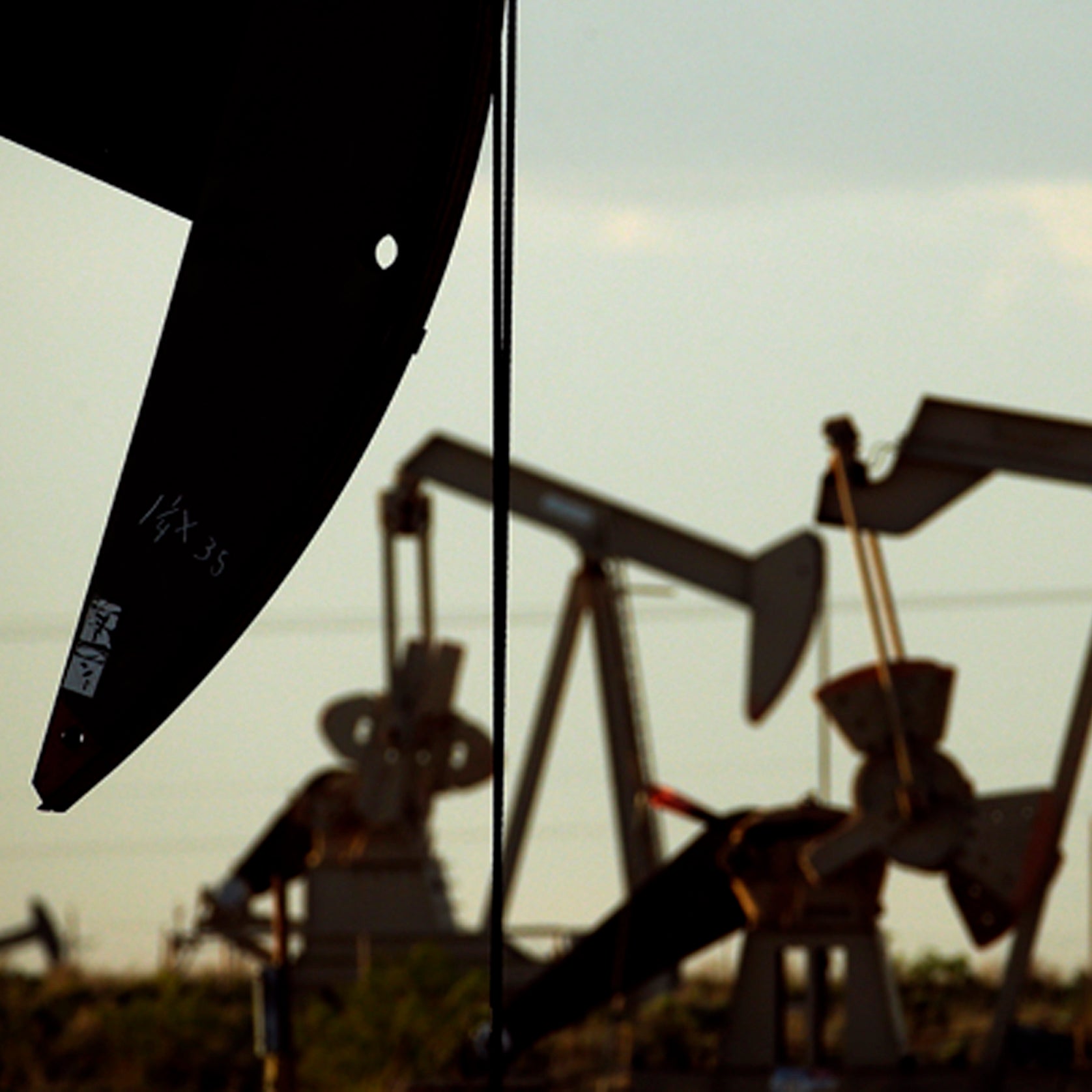What else is left to say about extractive energy? We know it’s extremely bad for the environment and��for��public health. We also know it’s gotten worse in��new ways since the advent of fracking and that its supporters ��Dz�’t��seem to be getting any less tenacious (see: the oil and gas industry’s abiding interest in public lands).
But two excellent��podcasts, Texas Monthly and Imperative Entertainment’s����and Critical Frequency’s��, prove that good storytelling about devastating environmental issues is still vitally important, informative, and inspiring. Both are well��produced and told with an ear for radio intrigue, and��they’re��comprehensive enough to serve as primers for fossil-fuel novices��but packed with enough interviews and historical tidbits to surprise those who already follow the subject closely. They remind us what’s at stake and what can change—even when it comes to an overwhelming issue we’ve been thinking about for decades.
Drilled (just starting its third season) is a true-crime podcast that investigates one very large-scale wrongdoing: climate denial. The first season exposed how the oil industry went from commissioning studies to abandoning science in a span of just ten years; the second season featured West Coast fishermen fighting a frontline battle against Big Oil’s climate denial; the current��season looks at the industry’s public-relations machine and the mistruths it spreads. Host Amy Westervelt introduces so many players that at times they start to sound like a Greek chorus of climate arguments. It makes for dramatic listening: “The issue was not were we going to have a problem,” former Exxon scientist Ed Garvey says in the podcast’s inaugural episode, noting that the company was in total agreement that man-made global warming was��an urgent reality. “The issue was simply how soon and how fast and how bad was it going to be. Not if.”��Of course Exxon knew—the��story��has been ��before—but it’s still fascinating to hear in first person.
Christian Wallace, the host of Boomtown (currently finishing its first season), takes a people-focused approach to investigating the changing fortunes of the Permian Basin in West Texas and eastern��New Mexico. The area has ranked among the most productive oil fields in the world in the past few years, and no one does a more colorful job of describing the roller coaster of living in an oil town than the locals: “It was so desolate, the buzzards used to bring sack lunch,” a barber in Pecos, Texas, quips, recalling the mood of��the region before drilling started. Wallace is from West Texas himself, which gives him a natural rapport with those he interviews.��Boomtown’s episodes zero in on how the economics of energy affect the lives of West Texans. Evidence of the industry’s growth in the area (such as a very lucrative Domino’s Pizza franchise��or a rise in strip clubs) takes center stage while industry-shattering events like the invention of fracking as an extraction method appear in the background.
Drilled��plays the ominous thriller as seriously as Boomtown��leans on charming banjo riffs and sound bites.
Both podcasts commit to their respective tones: Drilled plays the ominous thriller as seriously as Boomtown leans on charming banjo riffs and sound bites. Each approach feels like a reasonable way��to make extremely dense, decade-spanning reporting accessible to audiences.��
And they��ultimately form the same conclusion: Big Oil is scarily powerful��and not keen on sharing success. The economic windfall fueled by the Permian Basin, and the Bakken oil fields of North Dakota, and other regions around the world that run on extraction��is pocketed by faraway executives��and��rarely trickles down to workers or local residents in a meaningful way. (And when it does, it rarely lasts long.) Oil production itself is terrible for human health, from the risks of working on a rig to the long-term effects of pollution. Both podcasts emphasize through interviews that public opinion is steadily turning: several West Texans who appear in Boomtown seem unsettled about their relationship with the industry, as are some of the corporate insiders��in Drilled.
The last episode of Boomtown addresses the Permian Basin’s boom through the lens of a conflicted��player: the late George Mitchell, known as the father of fracking,��whose company figured out how to use massive amounts of water and blasting to��access additional natural gas and oil deposits back in 1998.��Mitchell thought of himself a conservationist and believed that natural gas was the “fuel of the future,” a way to cut down on carbon emissions. He did not anticipate that fracking releases enough methane to��cancel out the relative benefit of burning natural gas instead of oil.��Mitchell��had a complicated relationship with his legacy: he eventually advocated for more regulation and corporate responsibility in the industry he helped propel, but did so after he’d made his billions.��
It’s an apt way to wrap the series: pondering an extreme example of individual responsibility in a sector��where personal accountability is concentrated at the very top, even though there are big consequences for a whole lot of bystanders��(that’s us). It helps to remember that even an industry as toxic and out of control as Big Oil didn’t necessarily have to end up that way—and doesn’t have to continue as it has.


